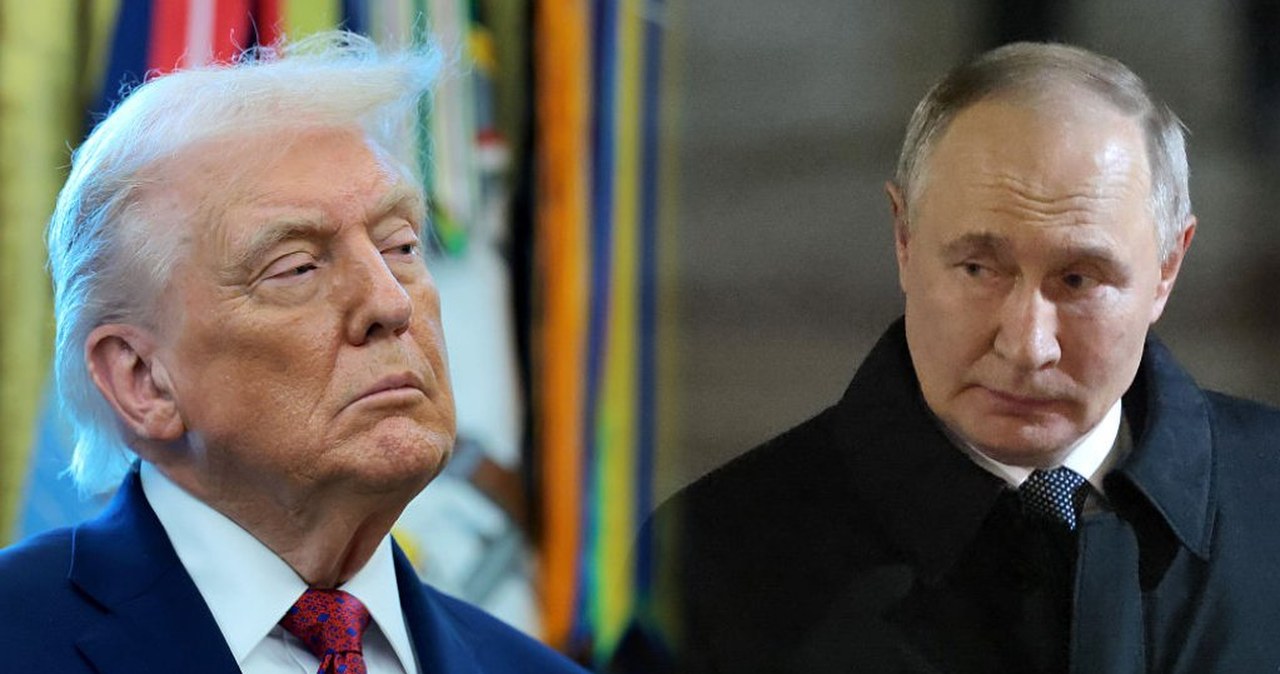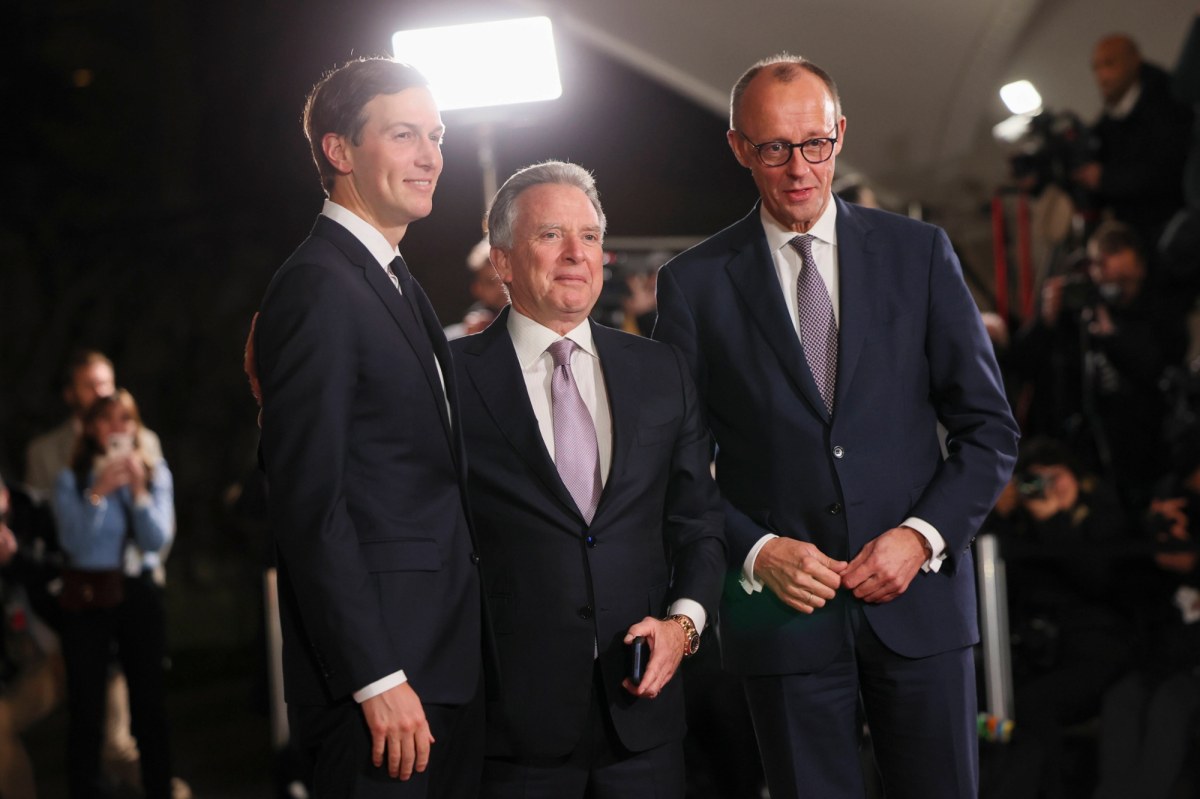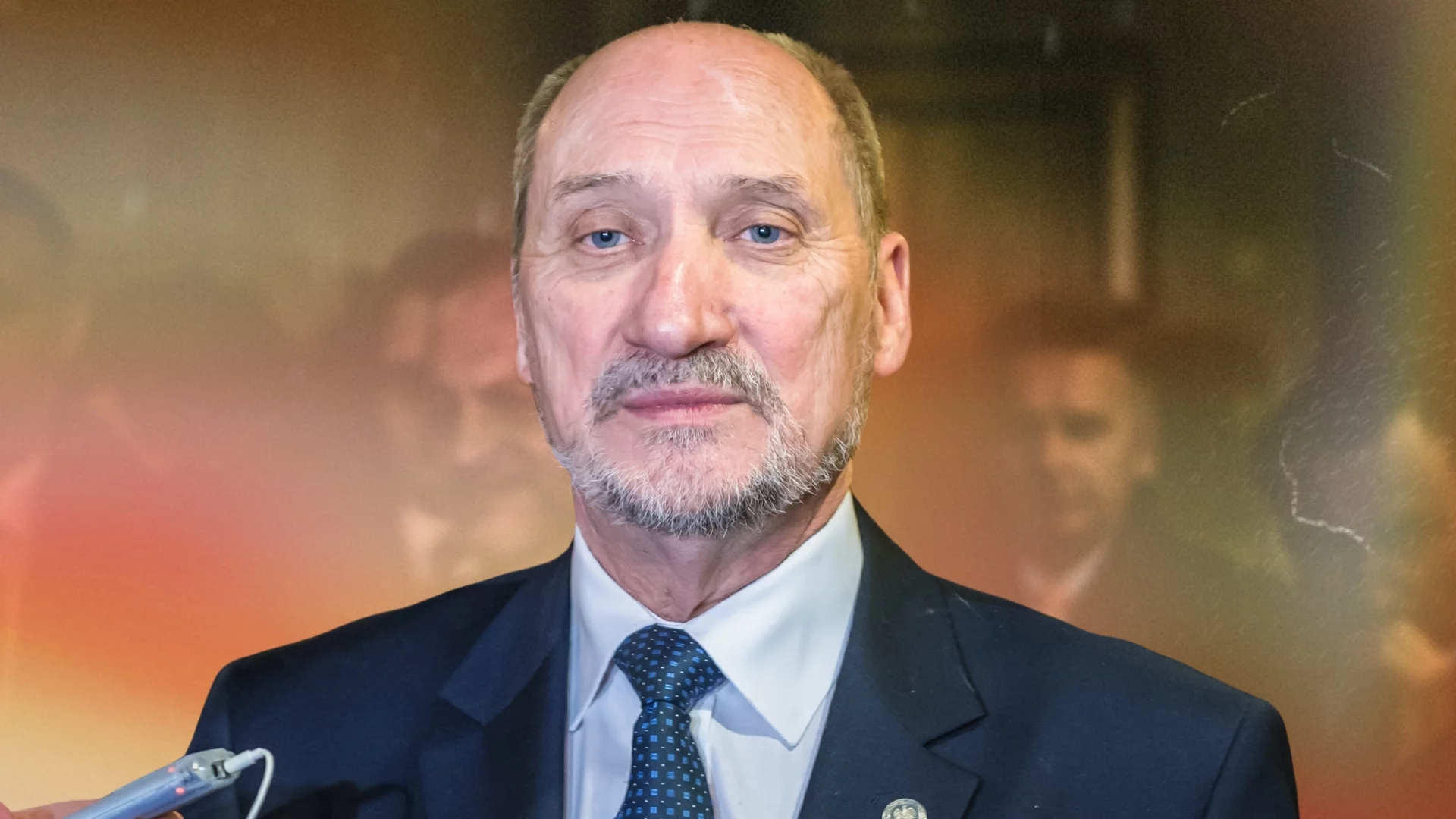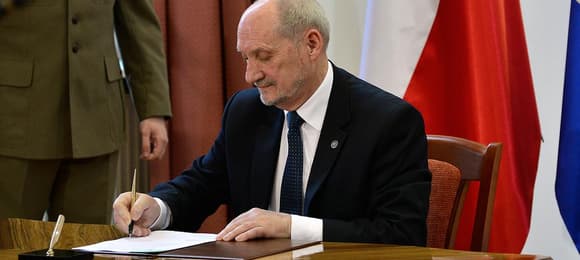Downing Street has firmly rejected claims that Sir Keir Starmer (Labour) is preparing to abandon his government's commitment to decarbonise Britain's electricity grid by 2030. The denial came after reports suggested the Prime Minister might drop the target to keep energy bills down.
The original reports claimed Energy Secretary Ed Miliband (Labour) was reportedly considering commissioning less renewable energy than experts deem necessary for the 2030 goal. Environmental campaigners had described any potential retreat as a "complete dereliction of duty on climate action".
A Number 10 spokesperson dismissed the Wednesday night reports as "completely wrong" on Thursday. "The Government and Prime Minister is fully committed to delivering clean power by 2030 because it is how we deliver a system that brings down bills for consumers and protects them against future energy shocks," they said.
Blair Institute weighs in on energy debate
The controversy intensified as Sir Tony Blair's think tank released a paper arguing the government should prioritise cheaper rather than clean power by 2030. The Tony Blair Institute stopped short of recommending the target be scrapped entirely but warned against pushing the system too quickly.
The intervention follows earlier disputes this year when the former prime minister claimed current climate approaches were failing. The latest paper carefully distances itself from anti-net zero rhetoric while questioning the pace of transition.
Labour entered government promising "clean power by 2030" with almost all British electricity coming from renewable and nuclear sources by decade's end. The party positioned this as essential for energy security, bill reduction and climate action.
Political opposition and upcoming decisions
The clean energy agenda faces strong resistance from Conservative and Reform UK politicians who pledge to abandon "expensive" net zero policies. Both parties want to maximise North Sea oil and gas extraction while potentially scrapping the Climate Change Act's 2050 emissions targets.
Critical announcements on offshore wind contract auctions and emissions reduction strategies are expected next week. Experts suggest Miliband needs to secure a record 8GW of new electricity generation in upcoming auctions to meet the 2030 target.
The Blair Institute paper advocates for strict cost caps on wind contracts and zonal pricing with different regional electricity rates. The government has already ruled out the latter proposal while emphasising cost-effectiveness in delivery.
Environmental and industry responses
Environmental groups quickly highlighted gas pricing's role in recent energy bill increases since Russia's invasion of Ukraine. Ed Matthew from climate think tank E3G argued that escaping gas price volatility requires eliminating gas dependency entirely.
E3G research suggests the 2030 target could reduce electricity bills by more than £200 with proper implementation. Matthew urged Chancellor Rachel Reeves to move levies from electricity bills to general taxation in the upcoming Budget.
Areeba Hamid from Greenpeace UK warned against potential policy reversals, referencing Starmer's previous retreat from the £28 billion green investment pledge. "Another U-turn would be a complete dereliction of duty on climate action from the Prime Minister," she said.
However, Sam Hall from the Conservative Environment Network called for scrapping this "unnecessary and counter-productive target" that "risks increasing electricity bills, thereby alienating voters and slowing the uptake of heat pumps and electric cars".
Sources used: "PA Media" Note: This article has been created with Artificial Intelligence (AI).










